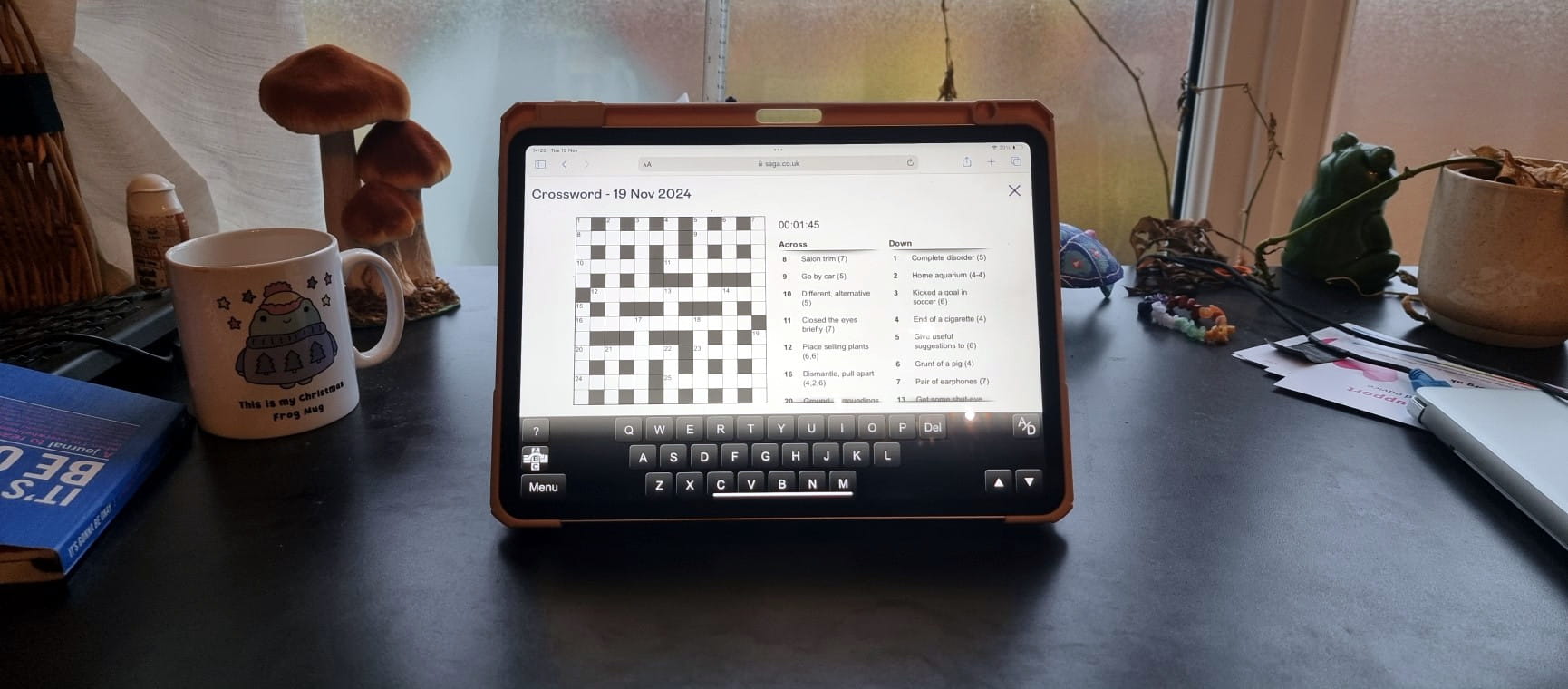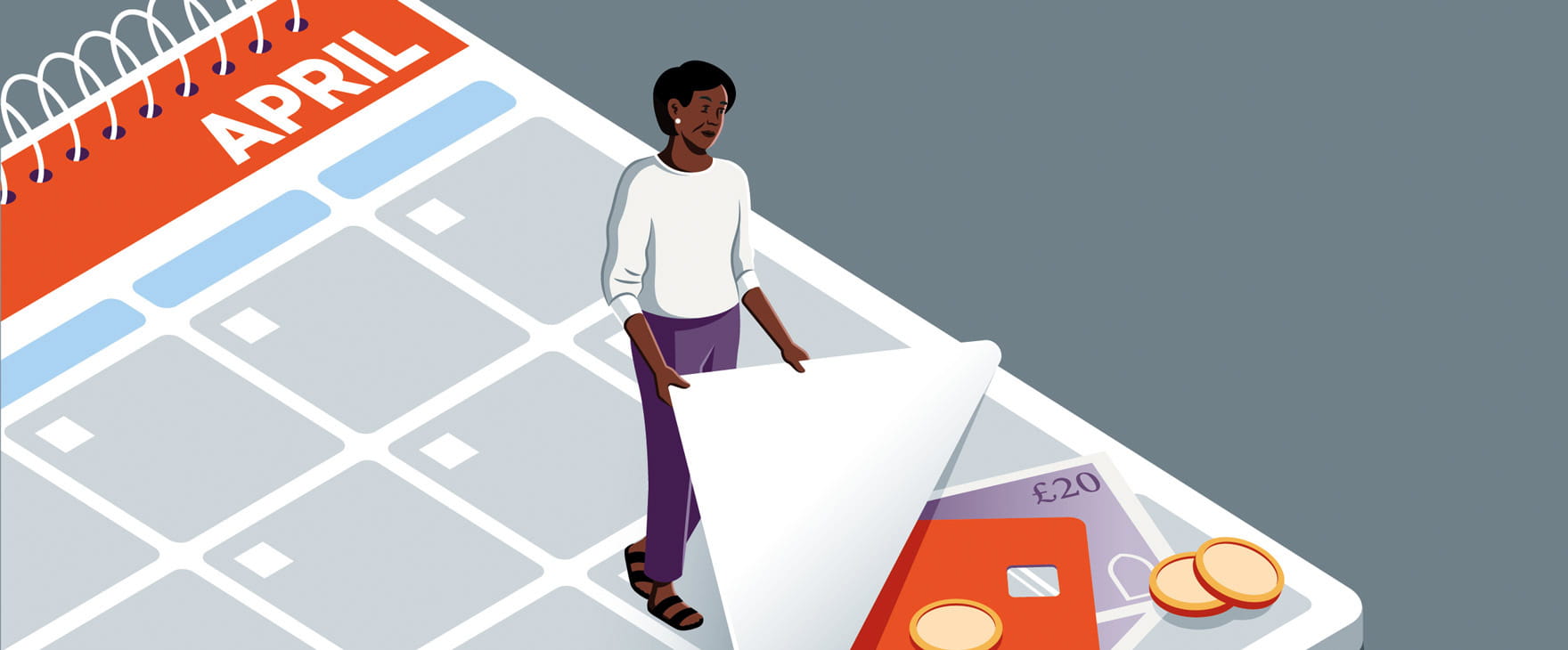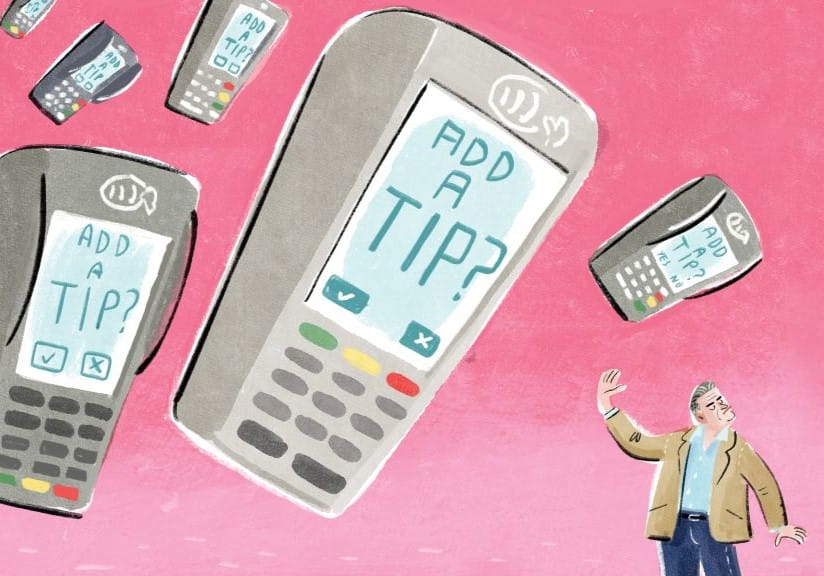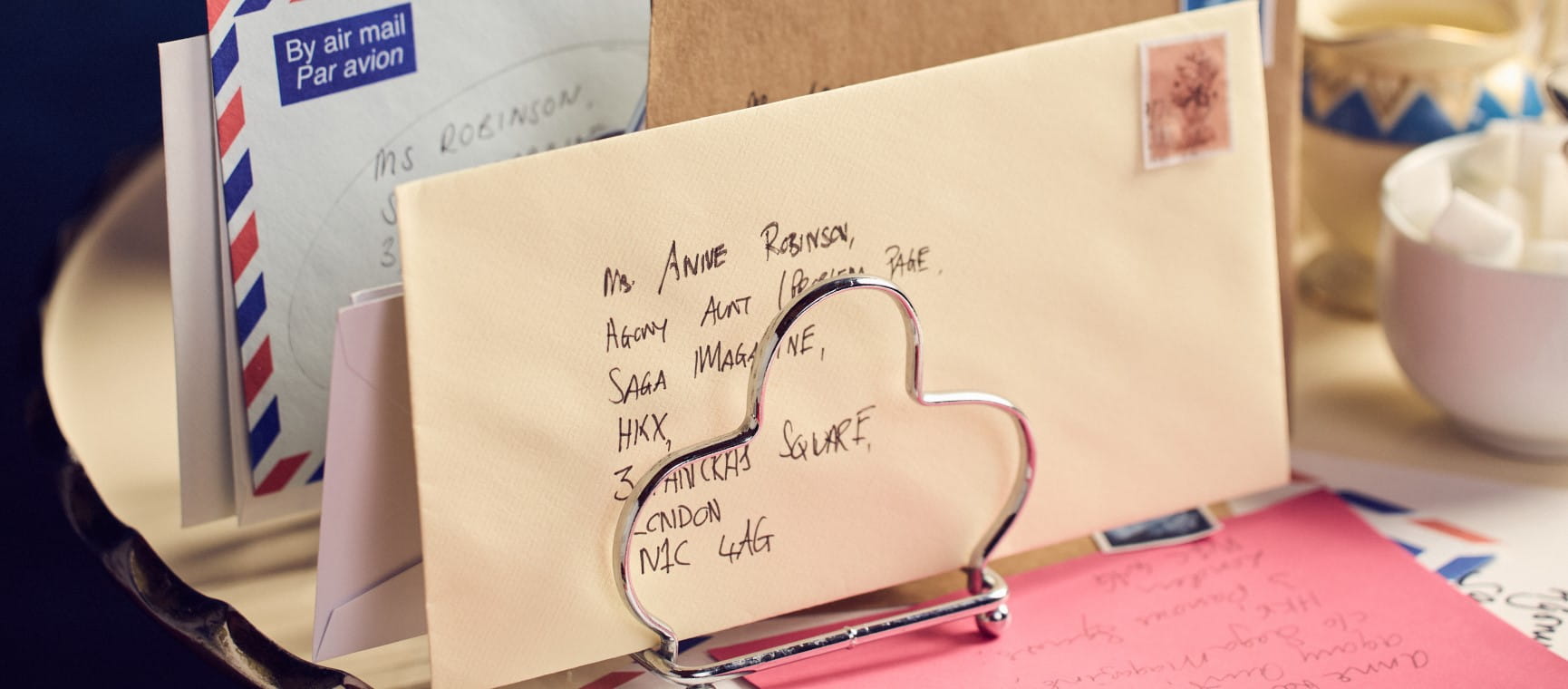
Many households all over Britain have received goods they didn’t order in the post. The conundrum presents itself – what do you do? Can you keep them?
There are some specific rules that are worth following so you don’t end up in hot water.
Items that firms send to you, but you didn't actually order are called "unsolicited goods". You're well within your rights to keep them.
The Consumer Contracts (Information, Cancellation and Additional Charges) Regulations 2013 state that you have a right to keep goods delivered to you that you didn’t ask for.
You have no obligation to send them back to the company or to pay for them. If you receive a demand for payment for unsolicited goods or services, you can ignore it – it’s a criminal offence.
If you would prefer to make some effort to give back the goods, you could email the company and offer to return them.
Citizens Advice suggests sending an email which includes specific wording to make reference to the Consumer Protection from Unfair Trading Regulations 2008.
Your letter should be dated, and should first specify what you received, and when. So for example:
It’s a different story altogether if items are sent to you by mistake. That is, if the order wasn't meant for you, if it was sent to you twice, or if there's extra stuff on top of what you ordered.
In all these scenarios, they are not classed as unsolicited goods, they still belong to the trader and you should try to give them back.
Firms can take you to court to recover their goods, if you were to resist.
You will need to contact whoever sent the goods and ask them to collect them. This shouldn't cost you anything or inconvenience you in any way. You should also give the company a reasonable deadline to collect the items, of say, 14 days.
Make sure you keep written evidence of your contact with the supplier.
Substitute goods are not unsolicited goods. For example, where you're sent something else because what you ordered is out of stock or no longer available. You do not have to accept a substitute and the trader can only send you a substitute if you agree to it.
If you do not want the substitute when it arrives, you can get a refund but you must also be prepared to return the goods.
If you are in doubt, you can ask your local Citizens Advice.
Receiving unsolicited goods is sometimes an indication that your identity has been stolen by fraudsters that were hoping to intercept the package before you received it. Checking your bank statements and credit report can help you to identify identity fraud.
However you may have also been caught up in a "brushing scam" this is an illicit way by sellers to get positive reviews for their products. It hit the headlines in 2020 when thousands of Americans received unsolicited packets of seeds in the mail.
It doesn't mean your account has been hacked.

The ultimate guide to Saga Puzzles, full of technical tips, tricks and hints.

With the start of the new financial year on 6 April, our money expert explains the changes to your pension, benefits and taxes.





